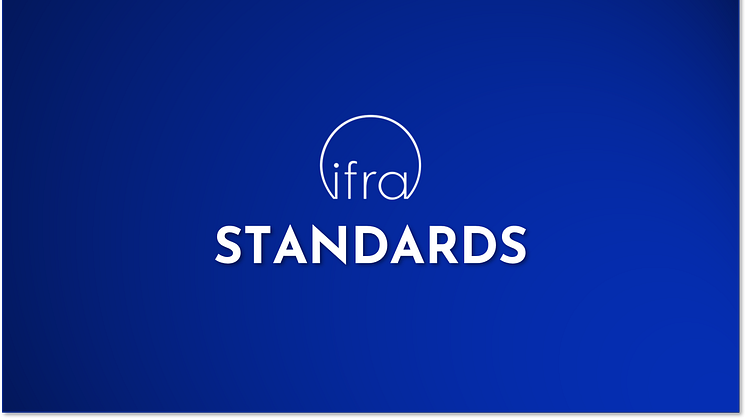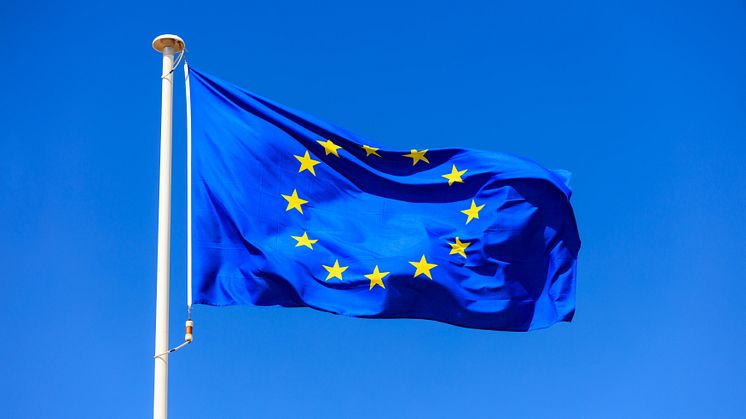
Press release -
IFRA announces 48th Amendment to Standards
Please note that this press release was published in 2015. The current update to the IFRA Standards is the 49th Amendment.
IFRA (International Fragrance Association) has officially issued the 48th Amendment to the IFRA Code of Practice* as part of the industry’s ongoing safety program**.
The Amendment consists of:
1. Three new Standards based on the dermal sensitization QRA (Quantitative Risk Assessment).
2. One revised Standard, based on the dermal sensitization QRA, with a corrected maximum pragmatic use level.
3. Two new Standards prohibiting use due to insufficient data for safety assessment.
4. Revised policy on combined use of four phototoxic ingredients and clarification on the application scope of all phototoxicity Standards.
5. Revised Standard on Methyl eugenol on the restriction level for non-skin, incidental skin contact products.
6. Revised Standard of Estragole on the language describing the categories (non-skin, incidental skin contact products) to harmonize with the Methyl eugenol Standard.
7. Several Standards revised for clarification.
8. Three revised Standards due to the addition of new CAS Numbers.
There is a degree of emphasis in this year’s Amendment on introducing measures designed to make the system of Standards, now more than 40 years old, more consistent and user friendly.
Full details of the 48th Amendment, including annexes and guidance on implementing the Standards can be found on the IFRA Standards section of this website.
The compliance with the Standards of the IFRA Code of Practice is mandatory for all IFRA member companies belonging to an IFRA member association.
Notes to editors
*The IFRA Code of Practice: The Code applies to the manufacture and handling of all fragrance materials, for all types of applications and covers the full set of IFRA Standards. Abiding by the IFRA Code of Practice is a prerequisite for all fragrance supplier companies that are members of IFRA (either directly or through national associations). The majority of client companies (including producers of toiletries and household products) expect their fragrances to comply with IFRA Standards as set out in the Code.
**Fragrance industry Safety Program: The fragrance industry’s safety program is founded on testing fragrance materials and either establishing ‘Safe Use Levels’, or prohibiting their use, based on studying their potential effects on people and the environment. Currently the safety program contains 191 ‘Standards’, which restrict, or prohibit, the use of selected fragrance materials.
Topics
Categories
The International Fragrance Association, founded in 1973, represents the interests of the fragrance industry worldwide. IFRA comprises seven multinational Regular Members and 21 national associations in four global regions representing hundreds of small and medium-sized fragrance ingredient manufacturers, as well as supporting members. Its mission is to promote the safe use of fragrance for everyone’s enjoyment.
Fragrances are a key platform technology used by consumer goods companies – for fine fragrances, personal care products, household care and more.
IFRA’s flagship safe use program, the IFRA Standards, applies safety management measures based on scientific assessment and the evaluations of an independent Expert Panel. The program is at the heart of the IFRA Code of Practice, which applies to all IFRA members globally, including members of IFRA’s 21 national associations. The Code also requires members to abide by local, national and international regulation, and to apply good manufacturing practices.




